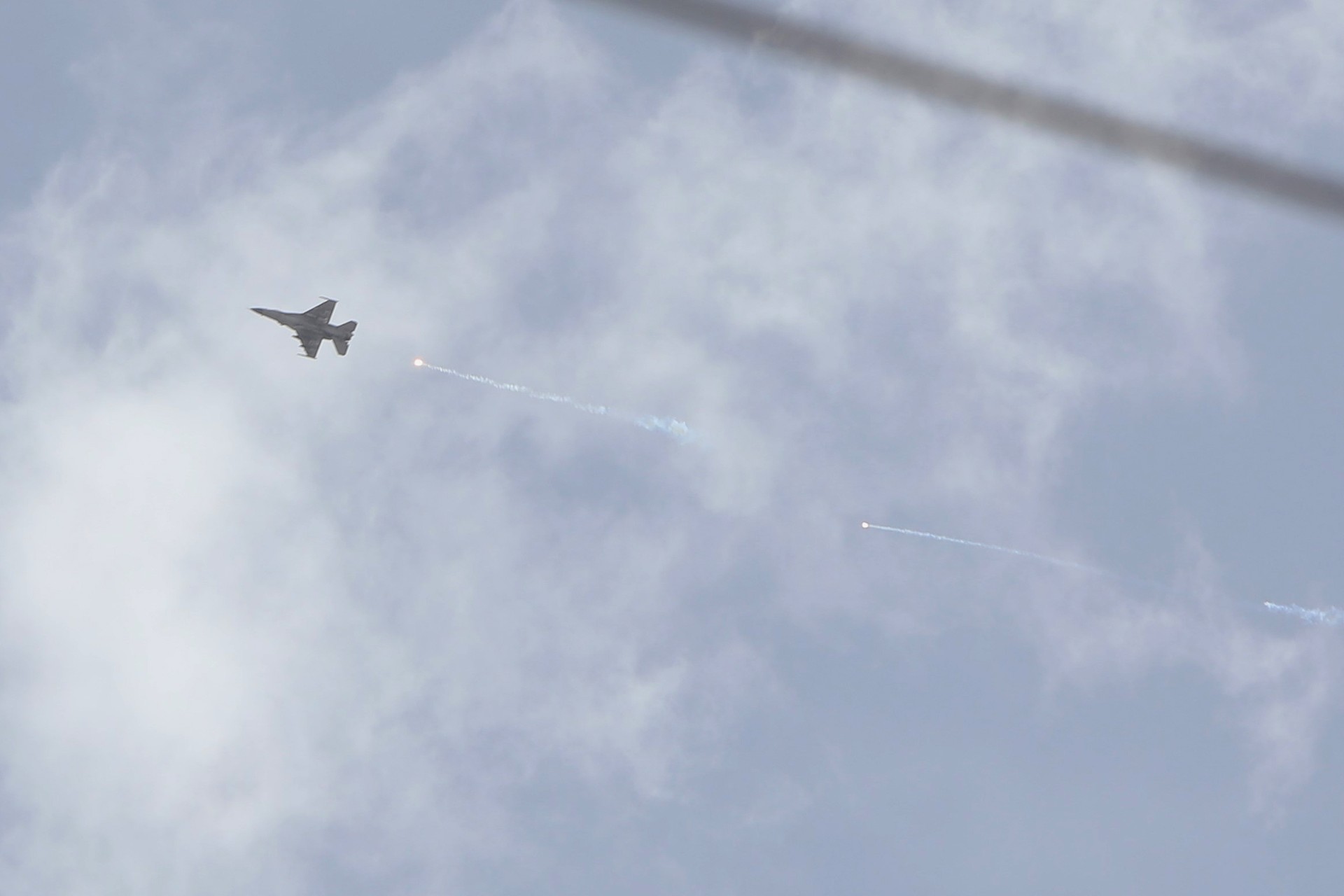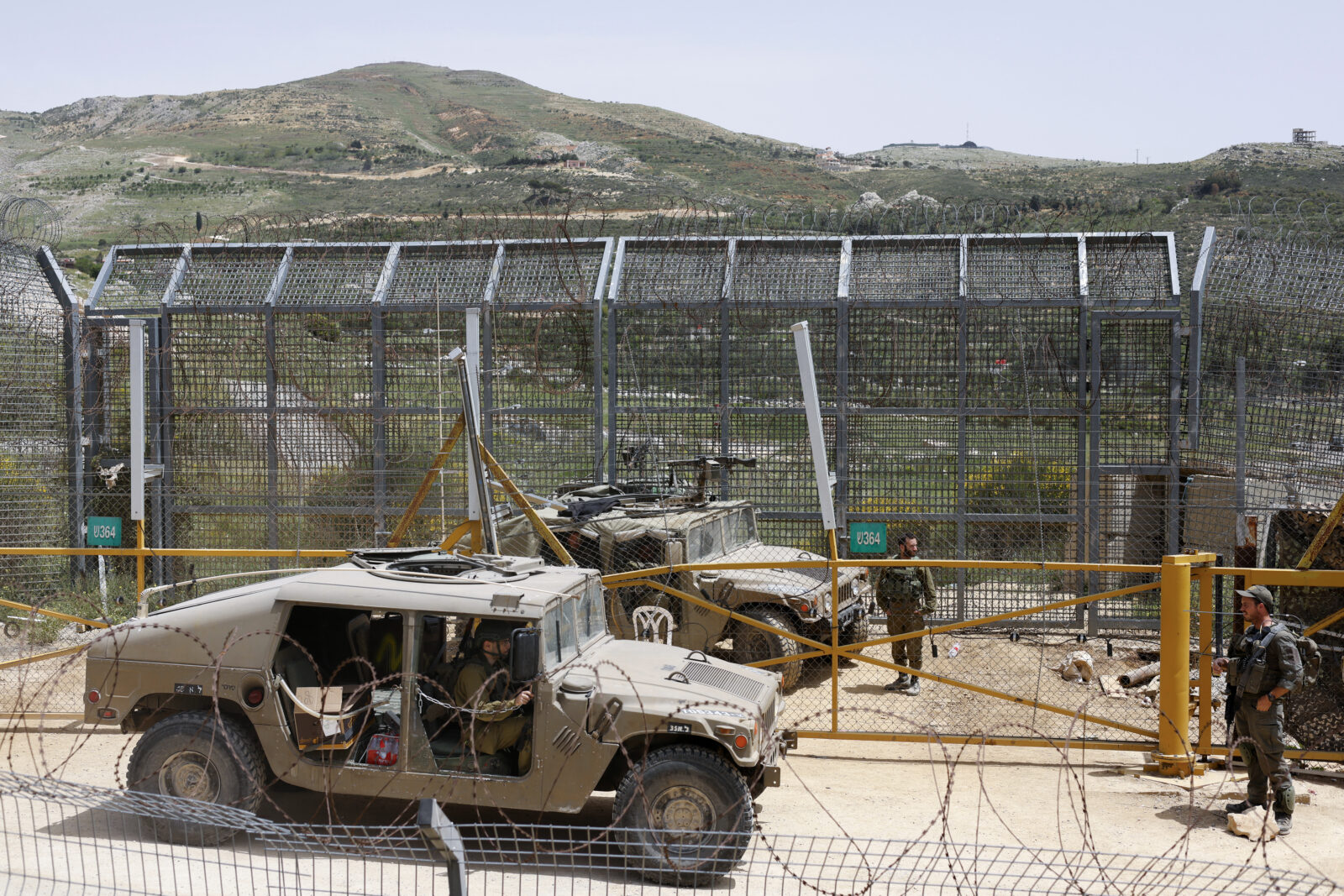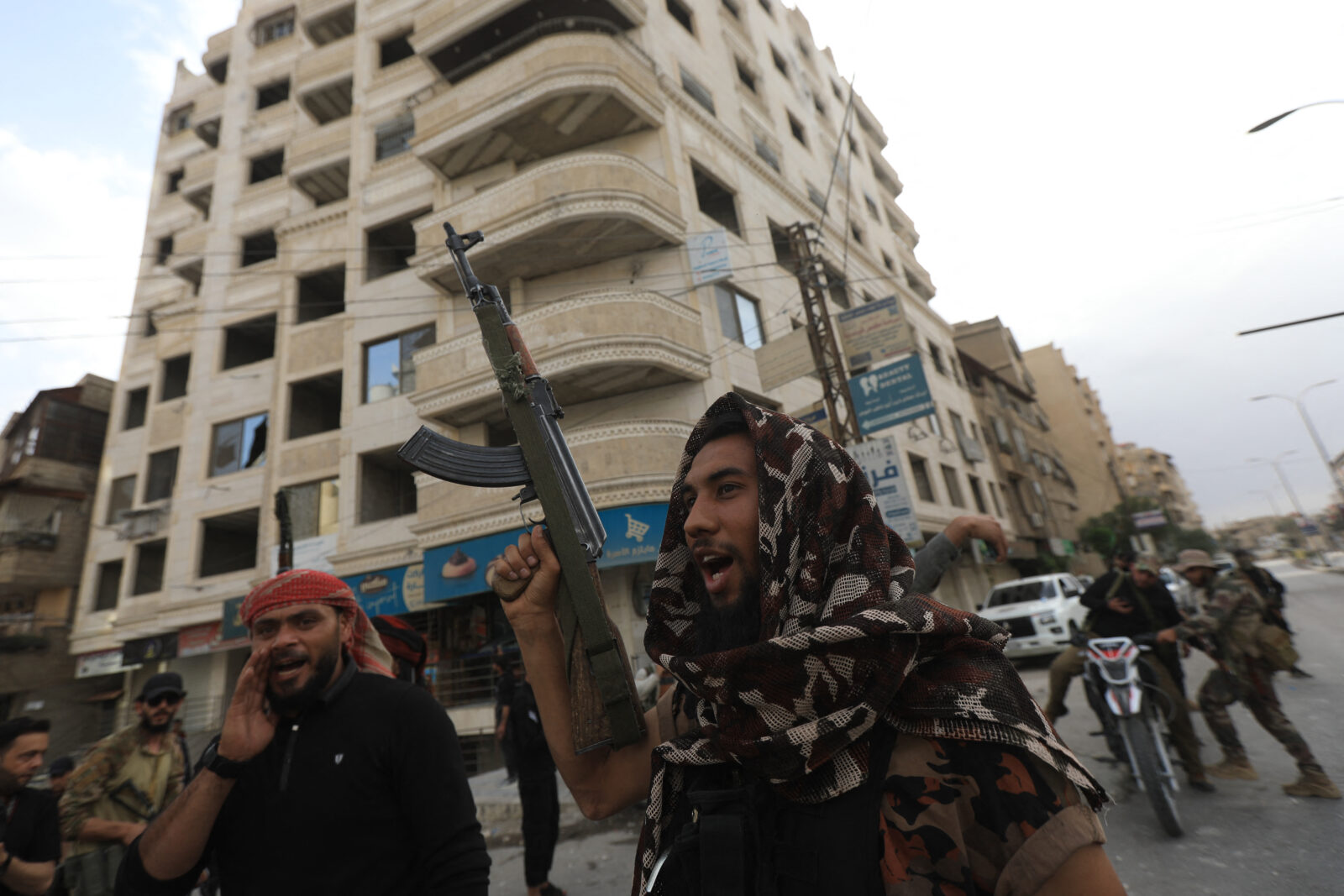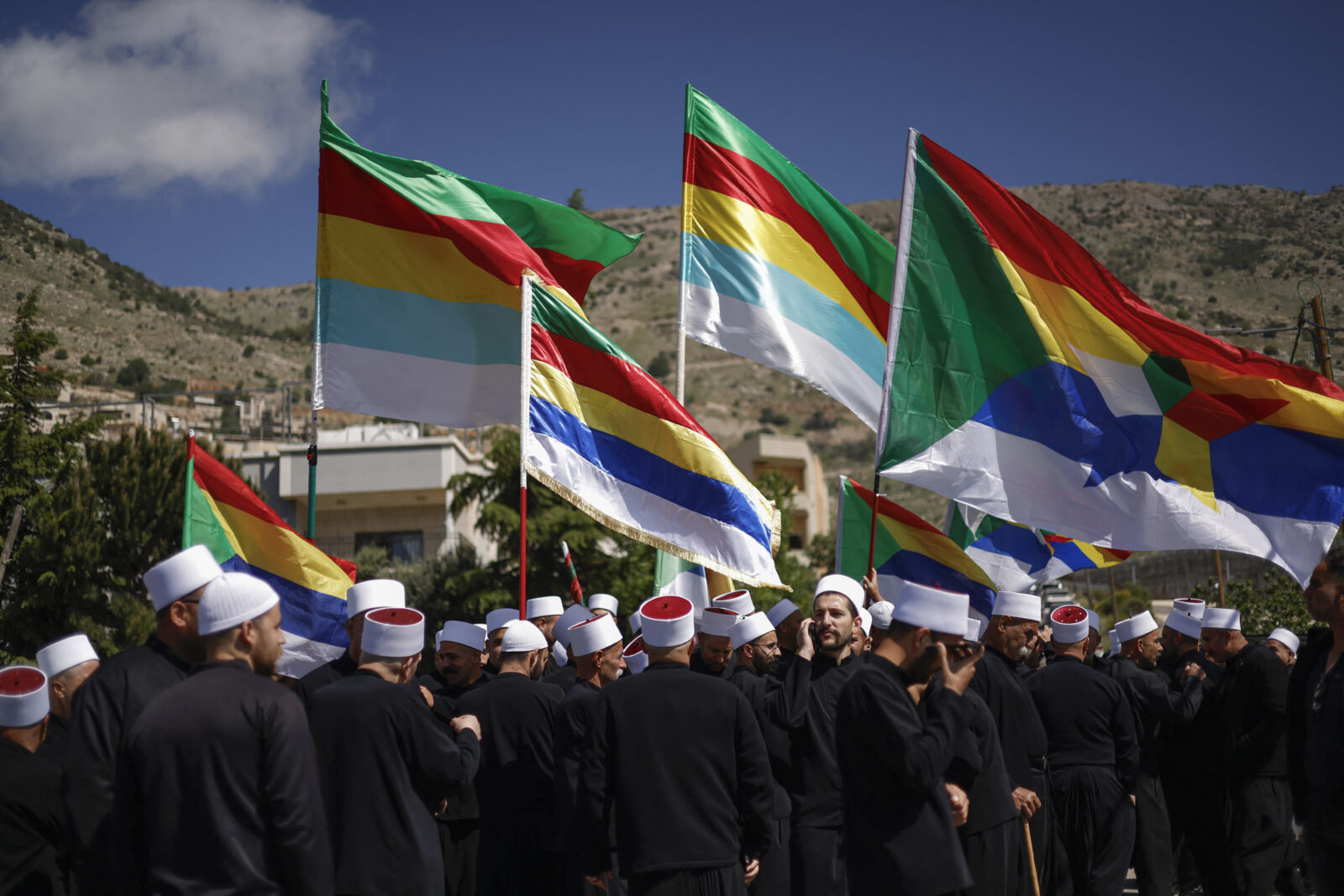
Israel’s military announced Friday it had conducted airstrikes near the presidential palace in Damascus, citing threats to the Druze community amid clashes in Syria's capital.
According to Israeli state broadcaster KAN, Israeli Prime Minister Benjamin Netanyahu and Defense Minister Israel Katz issued a joint statement confirming the attack. "We struck a target near the Presidential Palace in Damascus," the statement said. "We will not tolerate any threat to the Druze."
The statement also emphasized that no forces would be allowed to deploy south of Damascus, stating, "We will not allow a withdrawal of forces from south of Damascus, and any danger to the Druze community."
Israeli Foreign Minister Israel Katz reinforced this message, saying: "The air force attack last night on the presidential palace in Damascus, which the Prime Minister and I directed, is a clear warning to the Syrian regime."
Using another name for Syria's President Sharaa, he said: "When Joulani wakes up in the morning and sees the results of the Israeli Air Force jet attack, he understands very well that Israel is determined to prevent harm to the Druze in Syria. It is his duty to protect the Druze in the suburbs of Damascus from attacks by jihadist rioters and to allow the hundreds of thousands of Druze in Sweida and the Druze Mountains to defend themselves on their own and not to send jihadist forces into the communities.
It is our duty to protect the Druze in Syria from harm, for the sake of our Druze brothers in Israel and their loyalty to the state and their enormous contribution to Israel's security."

The strikes come in response to violent clashes between armed Druze groups and Syrian security forces in southern Damascus, specifically in the Jaramana and Sahnaya neighborhoods. Syrian officials said they regained control of these areas after days of unrest.
Israel had warned of intervention if the Druze population continued to be targeted.
Defense Minister Katz reiterated on Thursday, "If attacks on the Druze continue, we will respond with significant force."
Foreign Minister Gideon Saar also urged international intervention in remarks made during a public reception.

Israel conducted similar airstrikes on April 30, citing efforts to protect Druze groups.
The Israeli military confirmed that five wounded Druze individuals from Syria were evacuated to Israel for medical treatment.
At a gathering in Sweida, Druze leaders and armed factions rejected the idea of separatism. "We are an inseparable part of the unified Syrian homeland," a spokesperson stated.
The Syrian Observatory for Human Rights, based in the U.K., said that 102 people were killed in the week’s violence, including 30 government loyalists, 21 Druze fighters, and 10 civilians. In Sweida province alone, 40 Druze fighters were reportedly killed.

Meanwhile, Syria's Foreign Minister Asaad al-Shaibani cautioned against foreign interference, writing on X: "Any call for foreign intervention, under any pretext or slogan, only leads to further deterioration and division."
"The experiences of the region and the world bear witness to the heavy cost paid by people as a result of foreign interventions, which are often based on national interests and serve agendas unrelated to the aspirations of the Syrian people," he added.
U.S. State Department spokeswoman Tammy Bruce described the alleged violence against Druze in Syria as "reprehensible and unacceptable," urging accountability from Syria's leadership.